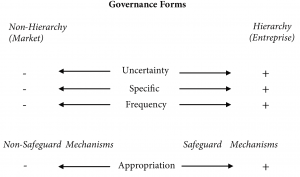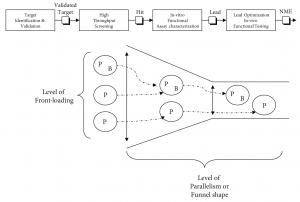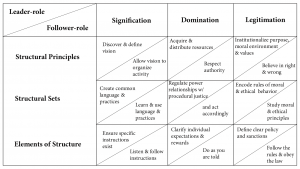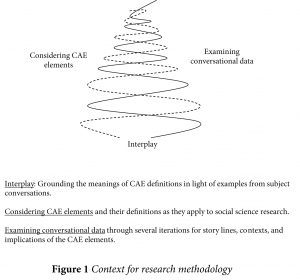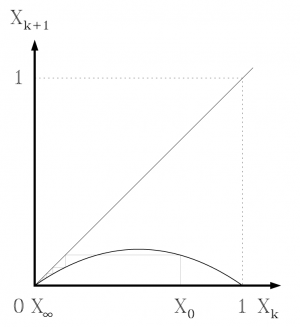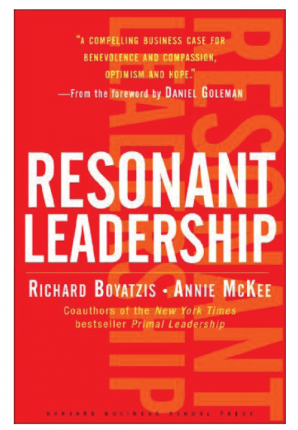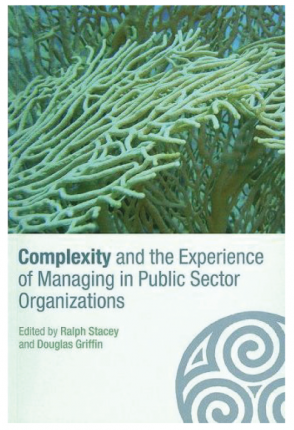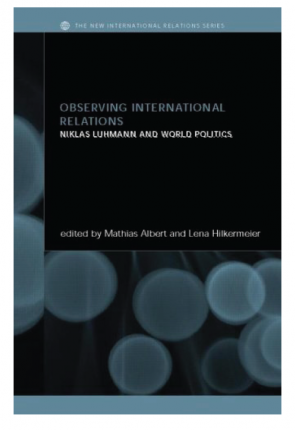Issue Articles
ACADEMIC
Reconceptualizing chronic pain as a complex adaptive system
The biological sciences have contributed an extensive number of studies of efforts to resolve chronic pain and an expanding body of research, focusing on the psycho-social aspects of chronic pain, is now also evident. Paradigms applied to chronic pai... Read More
ACADEMIC
Designed emergence as a path to enterprise sustainability
The combined forces of globalization, rapid and unpredictable change, management scandals, and business failures raise questions about the viability of contemporary business organizations. From the perspective of 21st century trends, a paradigm is de... Read More
ACADEMIC
Management in R&D networks as complex systems
No abstract available
Read Article
ACADEMIC
Pharmaceutical discovery as a complex system of decisions
No abstract available
Read Article
PRACTITIONER
Measuring leadership effectiveness in complex socio-technical systems
As complex systems, organizations face the challenge of continuing efficient operations and adapting to a changing environment. This challenge is often framed in the context of strategic leadership: leaders are seen as managing the tension between lo... Read More
PRACTITIONER
Emergence and community
This study details the research of three organizations from the perspectives of complexity science and communities of practice. We conducted in-depth interviews with key leaders from three organizations: an organization for nursing leaders, a spiritu... Read More
with LINDA S. HENDERSON DEBORAH P. BLOCHPRACTITIONER
Learning at the edge—Part 1:
This paper focuses on one theme from complexity and new science literature: the theme of boundaries. It responds to requests from complexity theorists to bring organizational perspectives into dialogues about the use of complexity thinking by manager... Read More
PHILOSOPHY
On the importance of a certain slowness
In the analysis of complex systems there is often an emphasis on the plasticity and adaptability of the system. Coupled with perspectives from chaos theory—like the sensitivity to initial conditions, critical organization, bifurcations, and fra... Read More
FORUM
More lessons from complexity
The last few decades have witnessed the development of a host of ideas aimed at understanding and predicting nature’s ever present complexity (see for instance, Mandlebrot, 1982; Bak, 1996; Wolfram, 2002). It is shown that such a work provides,... Read More
BOOK REVIEW
A review of "Complexity and the Experience of Managing in the Public Sector"
No abstract available
Read Article

